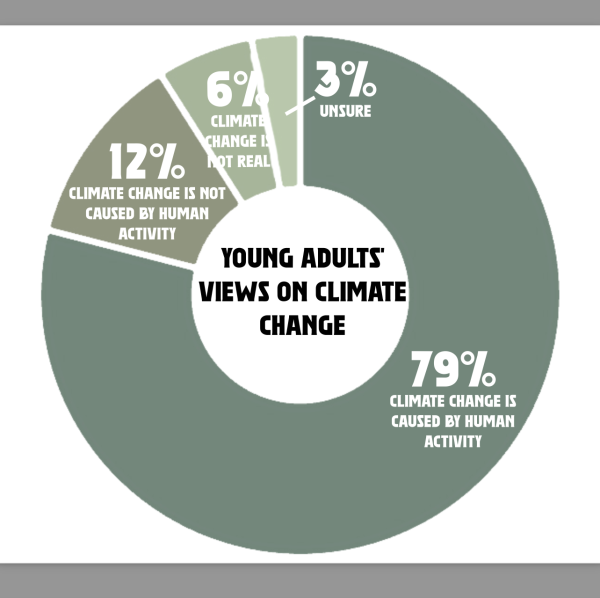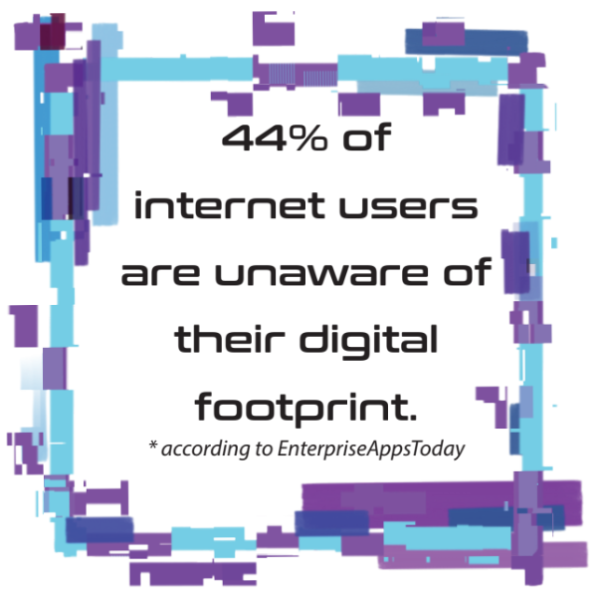The next step, registering to vote
March 18, 2022
It does not take long scrolling on social media to see that our generation is not shy with our opinions. There are so many people using the power of their voice.
Apps like Instagram, Snapchat, and TikTok are flooded with high school students rapidly spreading information about immigration laws, abortion restrictions, voting rights, and a host of other major political issues. It’s encouraging to see so many peers active in politics and making their voices heard.
Unfortunately, Gen Z consistently misses the mark in the most important aspect of political engagement: voting. According to a Tufts University analysis of youth voter turnout nation- wide, only 42 percent of Illinois teens cast a bal- lot in the 2020 Election. This is far lower than the near 73 percent overall voter turnout across the state.
Those metrics are just for the most recent presidential election. For midterm elections, the figure is far more disappointing as only 15 per- cent of 18 to 19-year-old Illinoians voted in the 2018 Election. These shockingly low numbers do not seem to add up with teens’ enthusiasm for government and policy reform.
The solution is voting.
Youth voter turnout has to rise dramatically if young people want to be heard by lawmakers. Low turnout is incredibly odd when you con- sider the fact that young people have a unique, vested interest in the policy being crafted today.
Few politicians have lived through an active shooter drill while in Kindergarten. Many politicians will not live long enough to see the dam- aging effects that global warming will have on our planet, and many politicians never faced the prospect of paying over $140,000 to obtain a college degree. Issues that are paramount to teen- agers today are not being solved because legislators have yet to feel the impact of the youth vote. This November, young people have a chance to redeem themselves from the 15 percent turnout rate of the most recent midterm election.
Primary elections are being held on June 28 this year, instead of earlier this month, because of legislative redistricting. Primary elections do not put anyone into office. Rather, they decide who will be the candidate to represent the Democratic and Republican parties for the November general election. Illinois has what’s called an “Open Primary” meaning that anyone can choose between either a Republican or Democratic ballot and vote for individuals running for said party’s nomination.
While often neglected, these elections truly do matter. The candidate chosen in the prima- ry will determine their party’s platform and ultimately shape the laws of our state and country. Given that the primary selection process plays such a key role in what issues ultimately get ad- dressed, the primaries can be just as important as the general election.
The process of registering is simple. Senior Luka Heidari recently registered to vote at the Illinois Secretary of State when he got his driver’s license, and he found the process to be pretty straight-forward.
“It was so easy to get registered,” Heidari said. “For me, it was a pretty emotional moment because I’m an immigrant. I’m a first-generation American, so I take civic responsibility very seriously.”
Unfortunately for me, I will not be old enough to cast a ballot this year. However, this does not mean I can’t make an impact right now.
Just this year, I have helped run petition sign- ing events for candidates, “text-banked” for my political party’s local chapter, and canvassed door-to-door in Glenview. While I’m a bit dis- heartened that I will turn 18 right after election day, I know that the work I do is helping shape a better future for my community.
If you cannot vote yourself, the best course of action is encouraging others to do so. Getting involved in campaigns before you can vote not only helps provide invaluable support to candidates, but also gives you key experience for future elections.
Sharing our opinions and raising awareness online is important, but that is only a starting place. The next step is voting. The passion we display on social media must come with us to the ballot box.














